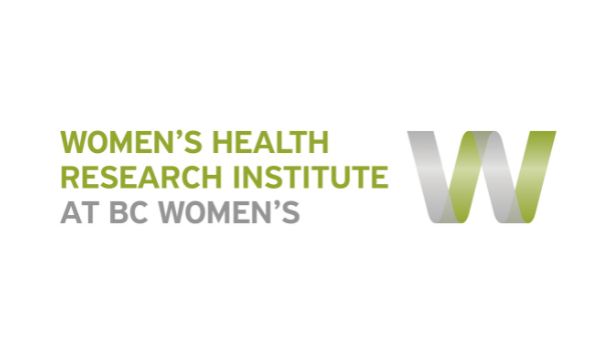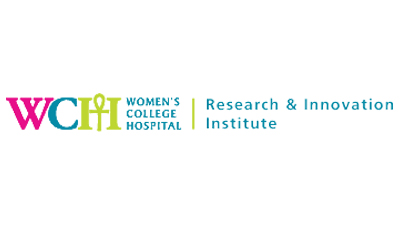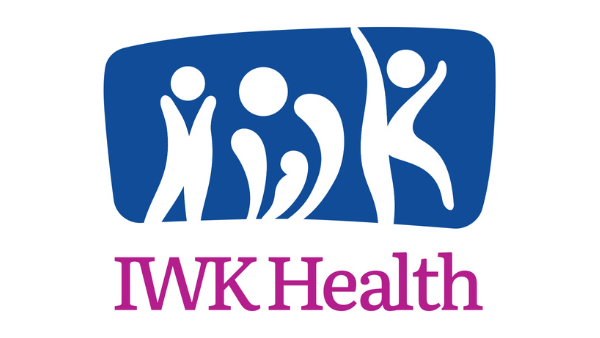OP-ED: We Say Women’s Health Matters — Now It’s Time to Fund It

Holly Mathias is a doctoral candidate, 2023 Pierre Elliott Trudeau Scholar and Killam Laureate in the School of Public Health at the University of Alberta. She is also a trainee with the Women and Children’s Health Research Initiative (WCHRI).
In May, I penned an opinion piece for Policy Options entitled When Women’s Health Loses, We All Lose. At the time of writing, scientific research, including women’s health research, was facing growing threats in the United States through funding cuts and political interference. Fresh off a federal election, I argued that Canada had a critical opportunity to lead the way in women’s health. Because when women’s health thrives, so does society.
How do changes to women’s health research funding impact Canada?
Women’s health research is facing serious threats, particularly in the United States, where political shifts have led to widespread NIH staff dismissals and restrictions on funding applications mentioning “gender” or “women.” These cuts jeopardize global progress on women’s health, through:
- Reduced health research funding: U.S.-funded research plays a crucial international role, including in Canada. Even before these changes, women’s health was underfunded, receiving just 5% of global research dollars despite making up half the population. Canada invests about 7% of public health research dollars in women’s health. Further cuts to women’s health research dollars could jeopardize progress.
- Stagnation of research and development of novel women’s health interventions: American-led research has contributed to progress in women’s health interventions with global benefits, including the development of oral contraceptives. Without continued investment in women’s health research, new medications and treatments may not be developed.
- Interruptions to education: The cancellation of federally-funded research grants deeply impacts trainees and early career researchers who are establishing their research careers. Interruptions to women’s health training programs and research jeopardizes future discoveries and the next generation of experts.
What is Canada doing to support women’s health research?
In the face of a quickly changing global research landscape, there has been progress to support science north of the border through:
- Continued funding of targeted research grants: The Institute of Gender and Health (one of the Canadian Institutes for Health Research), PWHR partners, and the Women’s Health Collective Canada (WHCC) provide targeted women’s health research funding, including the National Women’s Health Research Initiative.
- Investment in new women’s health research and clinical programs: Some institutions have created new funding opportunities for women’s health research. For example, in 2025, BC Women’s Health Foundation launched two new Menopause and Midlife Women’s Health fellowships.
- Recruitment and retention programs: More broadly, several institutions are finding opportunities to capitalize on recruiting and retaining global research talent. Western University recently announced the US-CAN Doctoral Excellence Scholarship to recruit top-ranking doctoral students “who have received an offer or who have had an offer rescinded” from top-ranked American universities. University Health Network has also launched the Canada Leads 100 Challenge to recruit 100 “world-leading early career scientists.” These efforts may support the recruitment and retention of women’s health scholars.
Despite progress, the future is still unclear
Although progress is being made in Canada’s women’s health funding landscape, concerns remain about what lies ahead. In his election platform, Prime Minister Mark Carney pledged investments in women’s health, including expanding clinical programs for women Veterans, protecting sexual and reproductive rights, and increasing research funding for postpartum mental health and women’s health gaps. As we await the fall tabling of Budget 2025, advocacy efforts for the inclusion of women’s health have been ongoing. In its 2025 pre-budget submission, The Society of Obstetricians and Gynecologists of Canada emphasized the need for a National Women’s Health Data Dashboard and investment in maternal health research. The WHCC, in partnership with PWHR, has called for the development of a national women’s health strategy and an investment of $150 million in women’s health research. However, ongoing Canada-US trade tensions have raised concerns over potential federal spending cuts. Early indicators suggest that women’s health could be among the areas impacted. Health Canada is forecasting a $1 billion drop in funding by 2027 and Women and Gender Equality is expecting a 81% cut in funding over the next three years.
Investing in women’s health is not only sound health and social policy – it is smart economic policy too. Supporting women’s health is closely linked to long-term national productivity, workforce participation, increased education, and overall healthier and happier societies. In a time of economic uncertainty and global instability, investing in women’s health is one of the most reliable and impactful decisions Canada can make.
Holly Mathias is a doctoral candidate, 2023 Pierre Elliott Trudeau Scholar and Killam Laureate in the School of Public Health at the University of Alberta. She is a trainee with the Women and Children’s Health Research Initiative (WCHRI).

The Partnership for Women’s Health Research Canada uses the term women to refer to all people who identify as women. We use trans and non-binary as umbrella terms to refer to people with a wide range of gender identities that are different from the gender they were assigned at birth.
This is a living document and we welcome feedback. For more information or to provide input, please contact communications@pwhr.org
Follow Us:
Copyright © 2025 Partnership for Women’s Health Research. All rights reserved.




